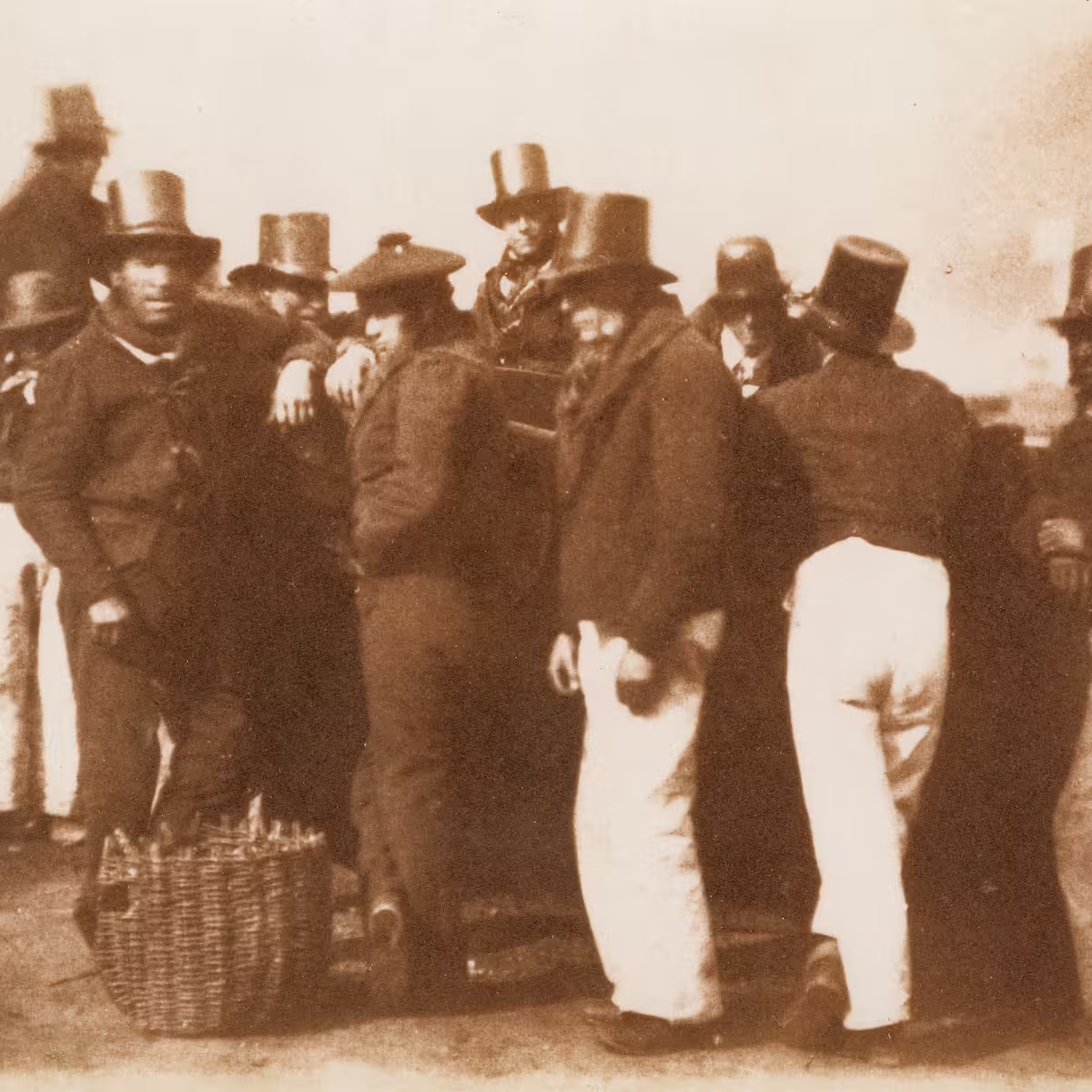Does the CSA keep its promises?
Publicare has 20 professional email delivery platforms with a deliverability comparison subjected. All shipping service providers considered are participants of Certified Senders Alliance (CSA), a positive list project set up by the Association of the German Internet Industry e.V. (eco) together with the German Dialogue Marketing Association e.V. (DDV). In our comparison, we wanted to know: How well are the CSA-certified platforms actually doing? We were in for a big surprise. Contrary to our initial expectations, we unfortunately found significant deficiencies in implementing the CSA requirements on some platforms.

Does a CSA certification weigh customers into false security?
Mass senders who are on the CSA whitelist have a clear advantage: You don't have to negotiate individually with many individual Internet Service Providers (ISPs) to be added to their positive list. Anyone who is on the CSA positive list can expect their emails to be treated preferentially by participating ISPs. Loud CSA Does this mean
that server-side spam filtering usually does not work and that filtering, which prevents the delivery of emails from listed mass senders, can only be carried out through individual user settings.
But care should be taken here: While the email services of United Internet (GMX, Web.de, 1&1), Freenet, Yahoo! And some other companies use the CSA whitelist, a number of heavyweight ISPs — above all Google with Gmail and Microsoft with Outlook.com — do not participate in the Certified Senders Alliance. For them and with many other mailbox providers who do not belong to the group of CSA participants, a CSA certification from the sender makes no difference to deliverability.
Email marketing managers However, CSA-certified platforms often see an advantage even in these cases: They simply assume that by meeting the strict CSA requirements, all important delivery measures have been taken correctly in general — and can therefore also be delivered very well to Gmail or to various corporate mail servers. Unfortunately, this assumption is not always correct. First of all, not all CSA-certified shipping service providers actually meet all CSA criteria, such as our platform comparison shows. And secondly, the CSA certainly allows exceptions at important points — for example when implementing DKIM, one of the most important sender authentication procedures. This includes, for example, in the CSA admission criteria for mass senders noted:
The DKIM [...] process must be evaluated at the latest upon successful certification by the CSA and then used. This does not apply if the mail software used by the sender does not support DKIM or if there are no stable software extensions available for the mail software used. If DKIM is not implemented, the sender informally notifies the CSA in writing within 3 months of certification, giving reasons.
Email marketing managers should therefore not blindly rely on the 'CSA seal when choosing a platform. ' Instead, it should always be checked exactly how thorough a provider really is when it comes to implementing deliverability.
Does a CSA certification weigh Internet service providers into false security?
Membership in the CSA also brings benefits for Internet service providers Benefits with yourself. Because the CSA promises to do a lot of work for ISPs: The participating providers no longer have to negotiate individually with many individual mass senders about the delivery of emails, check compliance with quality criteria themselves in each individual case and constantly maintain an internal whitelist for advertising communication — they can simply use the CSA's positive list. Whitelisting also saves ISPs' technical resources: When emails from CSA-certified senders no longer have to be subjected to all mail filter processes as standard, server capacities are freed up.
The CSA actually guarantees that the emails from participating mass senders meet both the valid legal requirements and the requirements of the Internet service providers. Through its strict certification process, the CSA promises certified broadcasters a “consistently high level of quality” and “efficient [s] complaint management.” But does the CSA really deliver on what it promises to ISPs? Our platform comparison This raises doubts, because some shipping service providers also do not meet the requirements that are actually mandatory for CSA-certified senders without exception. Internet service providers can therefore not blindly rely on the fact that wherever it says CSA, there is actually CSA in it.
Who benefits?
The winners of this constellation are likely to be primarily those shipping service providers who can count themselves among CSA members without fully meeting the participation criteria even remotely. With little technical and personnel effort, you benefit from improved deliverability rates at participating ISPs.
The losers in this game are not only those shipping service providers who actually take on the effort and costs to meet the CSA's strict participation criteria as far as possible — but also all customers who rely on CSA certification as a quality criterion when choosing a platform to send their marketing emails and may then be confronted with tangible deliverability problems with Gmail, Outlook & Co.
The Certified Senders Alliance In the end, she must be accused of not doing her job properly during certification: namely ensuring that the guidelines set by herself are actually complied with by the participating senders. Hardly anything would be easier than carrying out such a random check: It would be enough to randomly subscribe to a few promotional emails from customers from CSA-certified senders — as we did as part of our settlement.
As a result, the CSA's lax audit policy distorts the market. As long as it does not examine more thoroughly to what extent each of its members has completed their CSA 'homework, 'it is missing the opportunity to create an absolutely desirable, reputable orientation criterion in a market that is difficult for technical laymen to understand.















